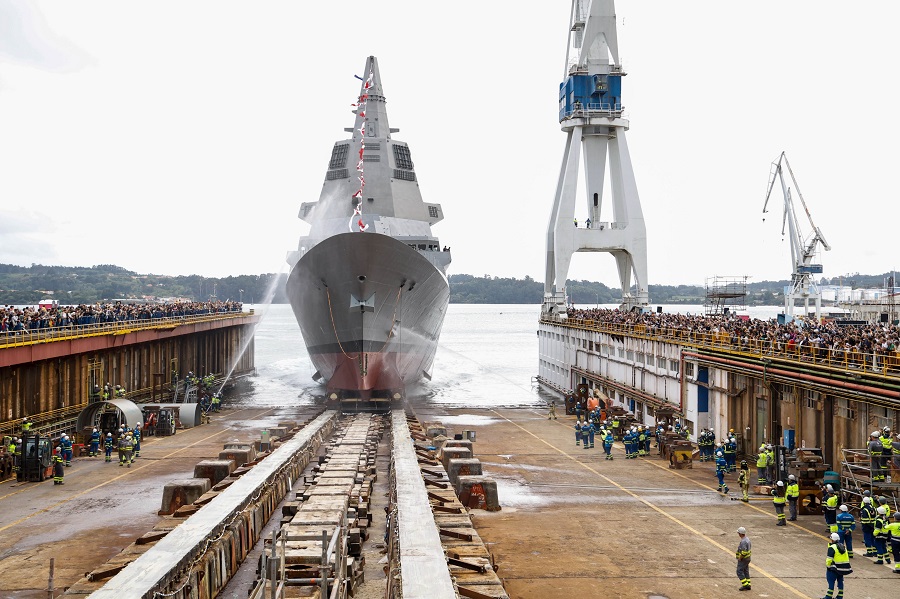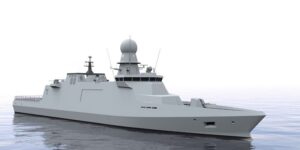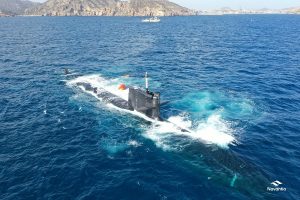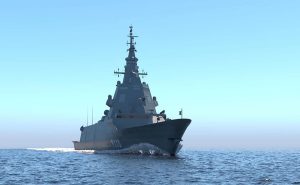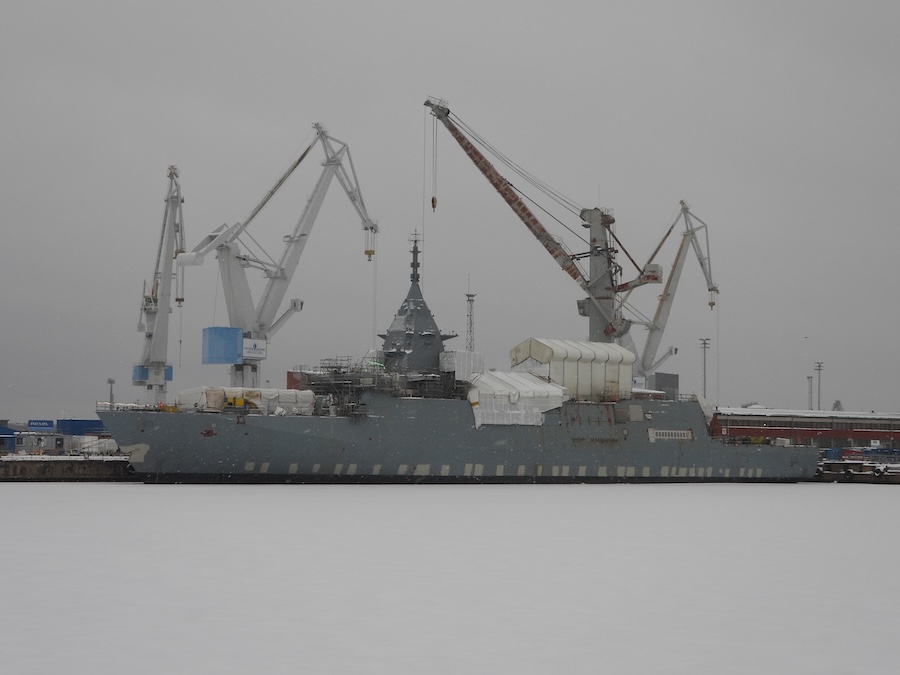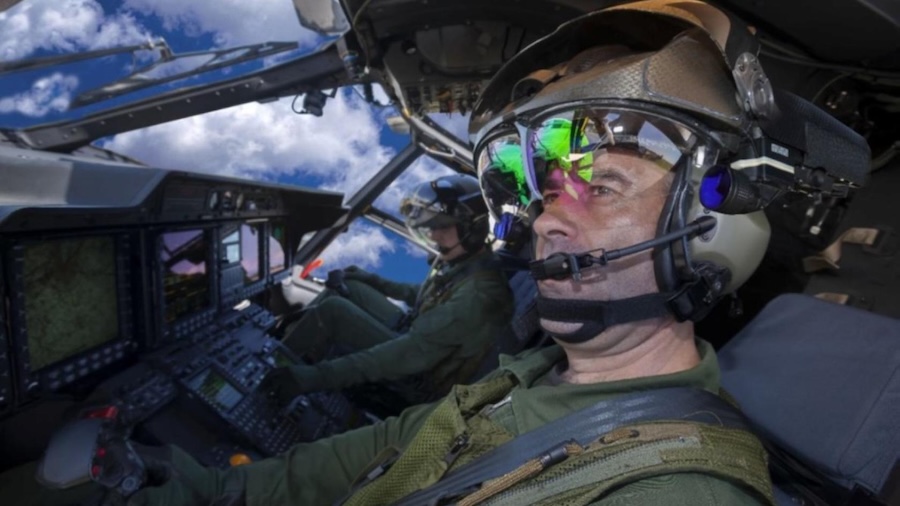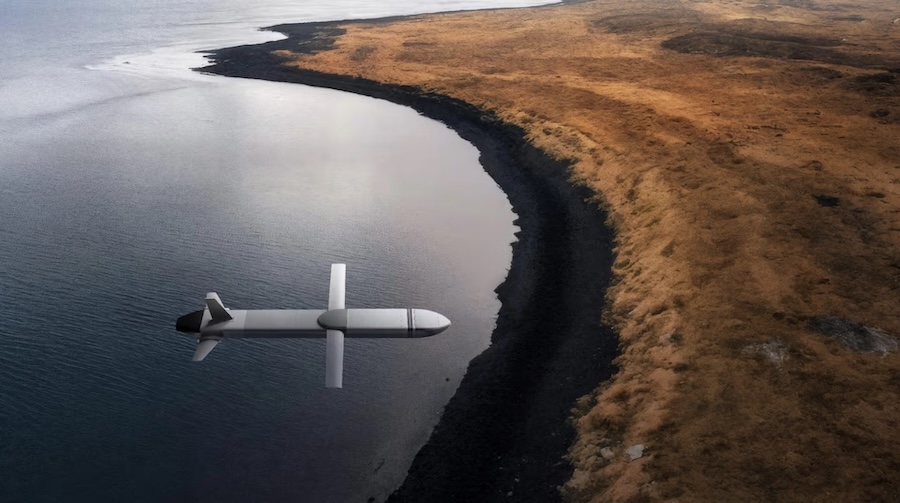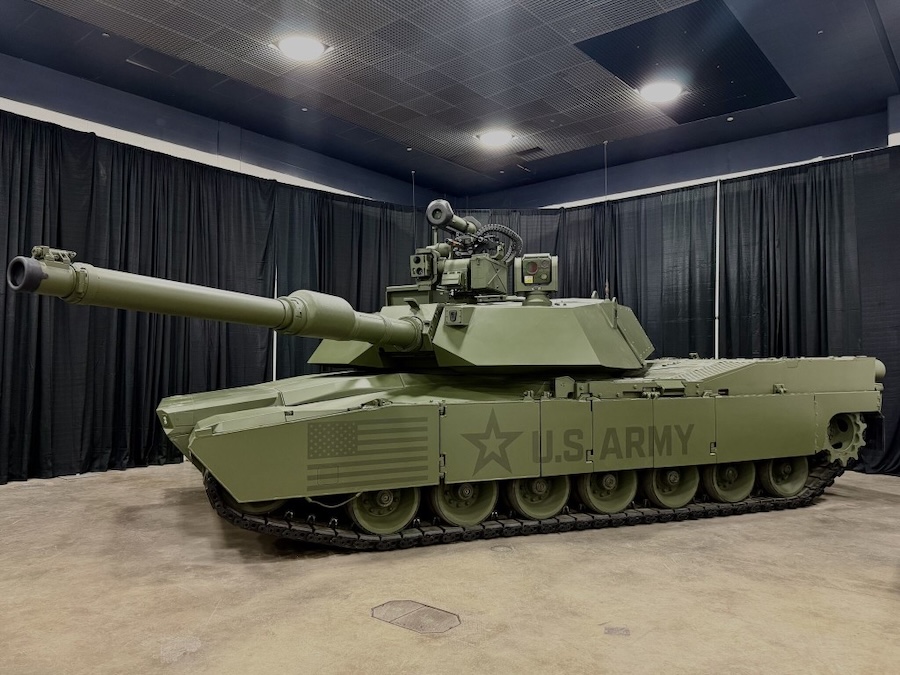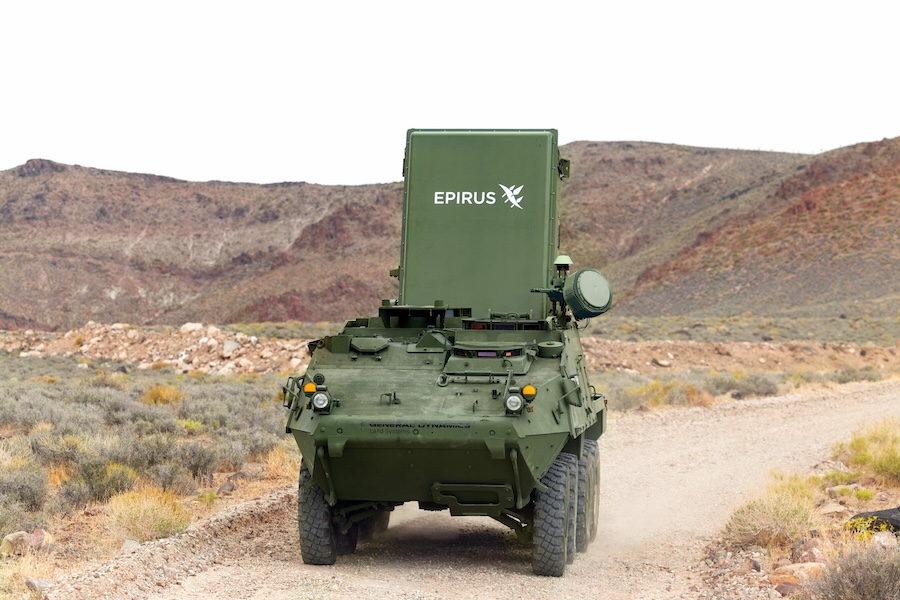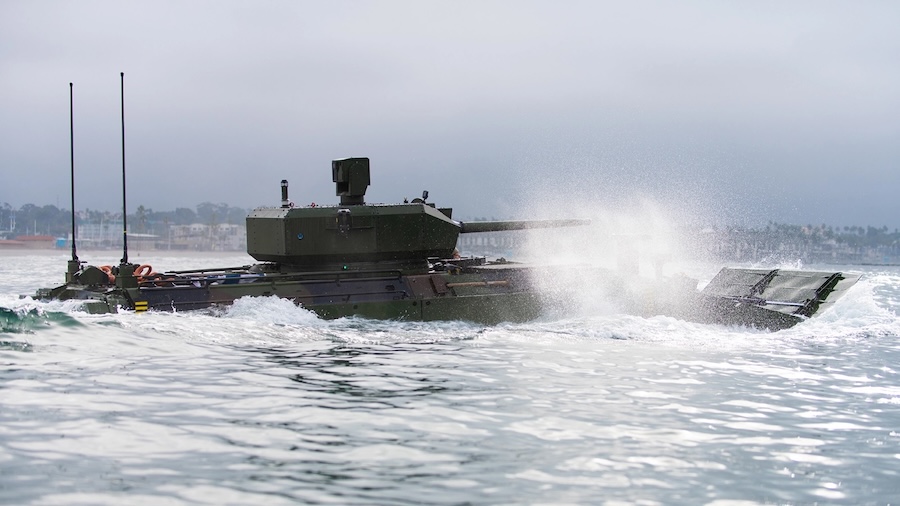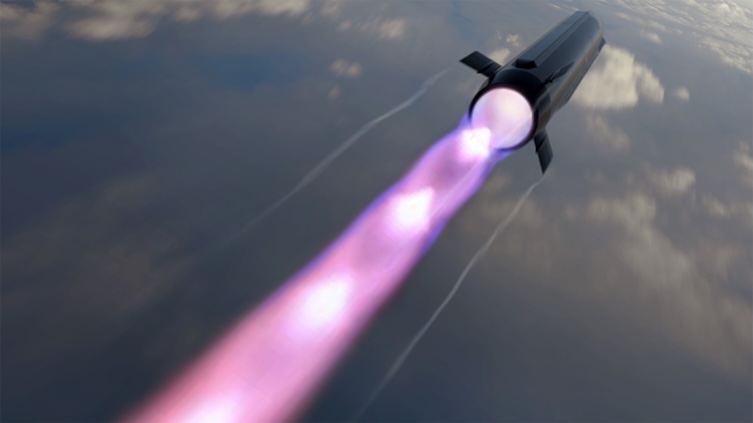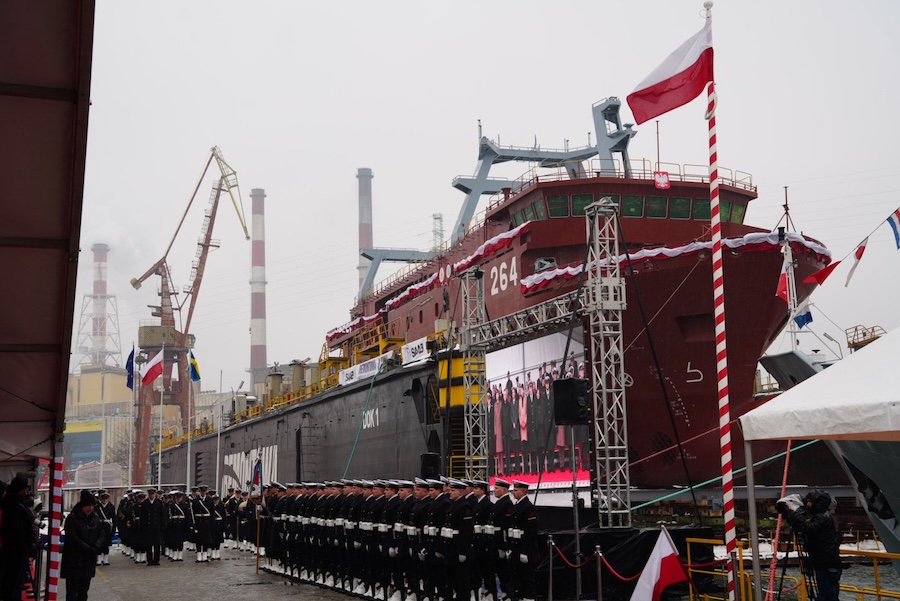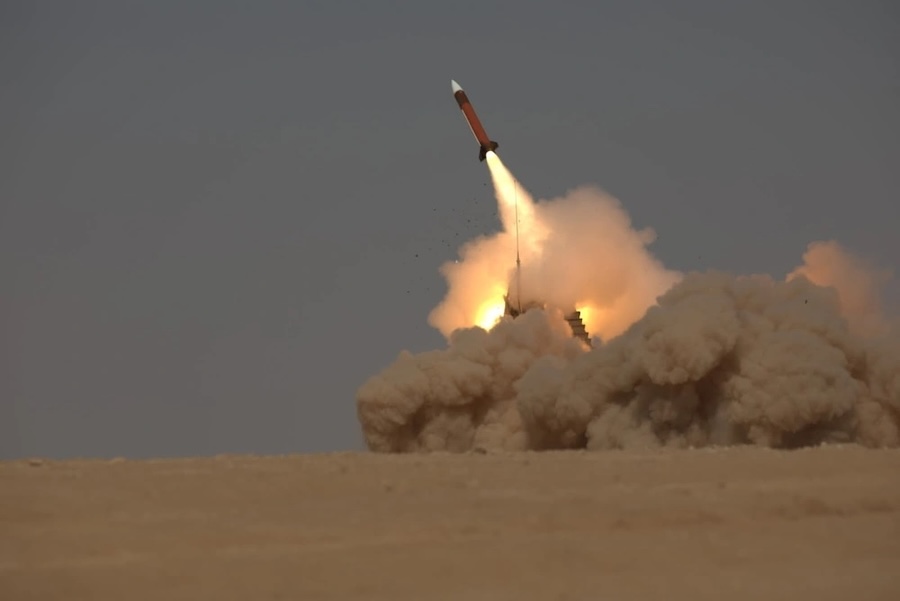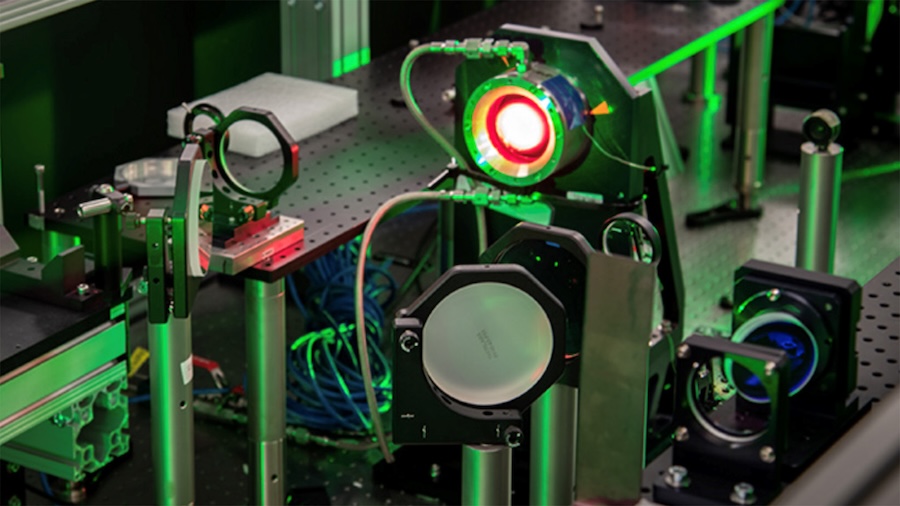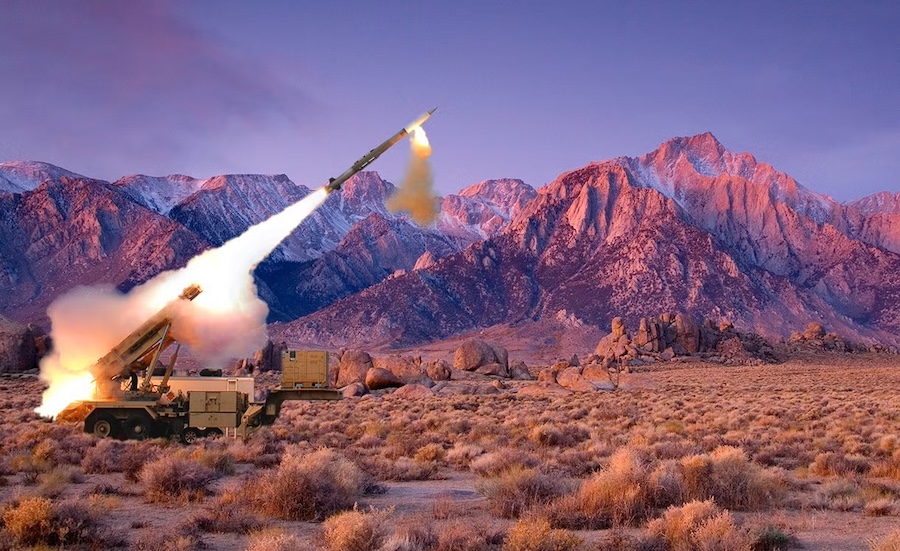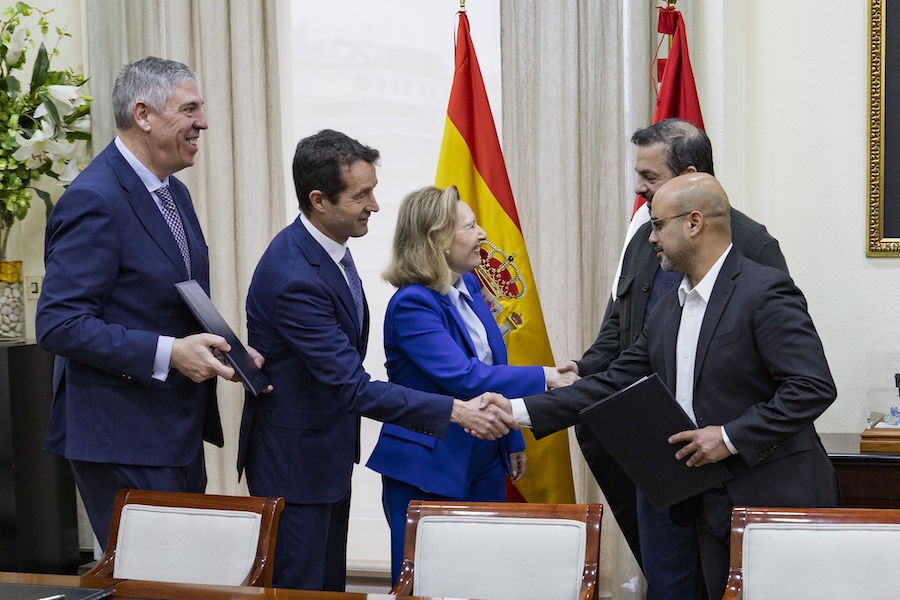Around 5,000 people, including Navantia employees, their families and partner company staff, witnessed the ceremony, which featured the Spanish national anthem performed by the Northern Tercio Music Unit. The frigate was blessed by Navy Chaplain Vicente Hernández Chumillas and launched one month ahead of schedule with more than 70% of its construction completed.
The ship, named after Ramón Bonifaz, the first Admiral of Castile, will continue construction at the Ferrol dock until delivery in 2028. Three of the five frigates are already in progress, with blocks of the F112 and F113 currently being built.
The F110 programme is expected to create around 9,000 jobs and involve 500 companies across Spain over more than a decade. “This event not only marks a new chapter in our Navy’s history, but is also a hugely important day for Navantia and the Spanish naval industry. Above all, it is a historic day for Ferrol and for all of Galicia. This 11th of September opens a new era of hope for Ferrol, with reindustrialisation leading the way,” said Pedro Sánchez.
Admiral Antonio Piñeiro, Chief of Staff of the Spanish Navy, stressed the vessel’s strategic role, saying: “The frigate Bonifaz is not merely a new vessel; it embodies Spain’s commitment to innovation and technological sovereignty. This ship will provide a decisive strategic and deterrent advantage, and in line with our Armada 2050 vision, it reflects our firm intent to anticipate future challenges.”
Navantia Chairman Ricardo Domínguez highlighted the technological advances incorporated in the ship. He said the programme, “with innovations such as the digital twin, integrated services system, and cutting-edge sensors, antennas and radars, is a symbol of Spanish innovation. We are confident it will be an international success, just as the worldly recognised F100 frigates were”.
Eduardo Dobarro, Navantia’s Director of Frigates and Intervention Ships, added: “This achievement reflects solid planning, exemplary institutional collaboration with the Ministry of Defence and the Navy, and above all, the tireless work of those who made it possible.”
Approved in 2019, the F110 class frigates will feature anti-air, anti-surface and anti-submarine capabilities, and support joint operations and maritime security missions. Equipped with advanced systems such as SCOMBA, the Integrated Platform Control System and a digital twin, they are designed for greater safety, reduced crews and integration with unmanned vehicles.
The vessels will also incorporate Navantia’s Integrated Services System, developed with the University of Vigo, and a new integrated mast to optimise electromagnetic use and reduce radar signature. Construction of engines and systems is taking place at Navantia’s facilities in Bahía de Cádiz and Cartagena, consolidating Spain’s naval industry around one of its most technologically advanced projects.


